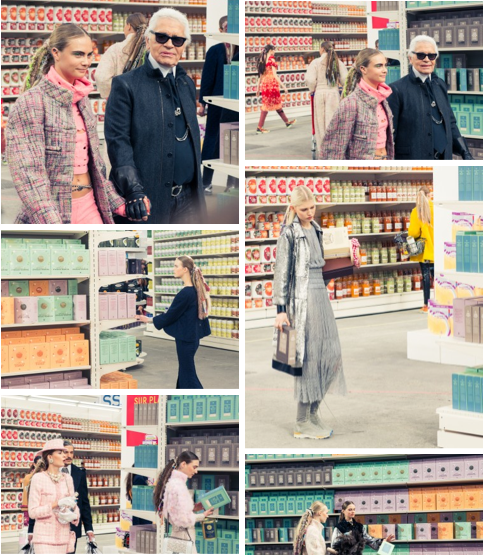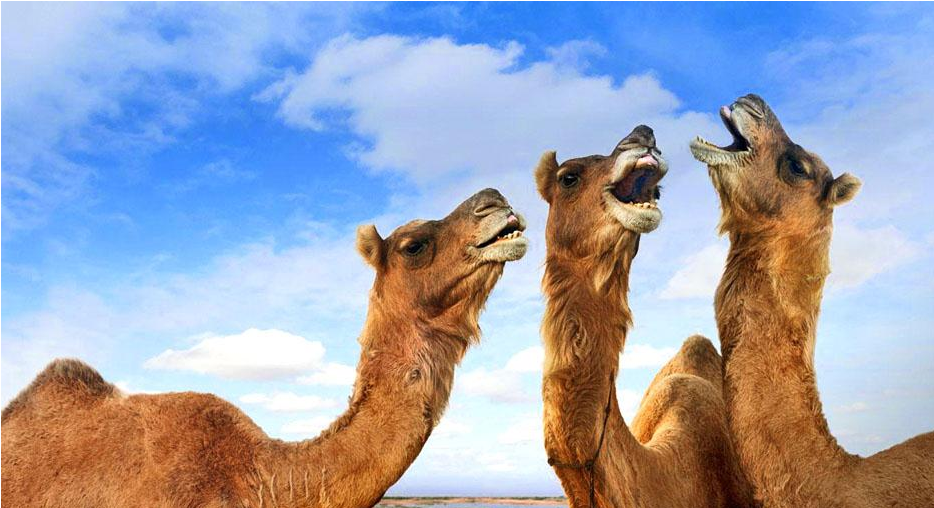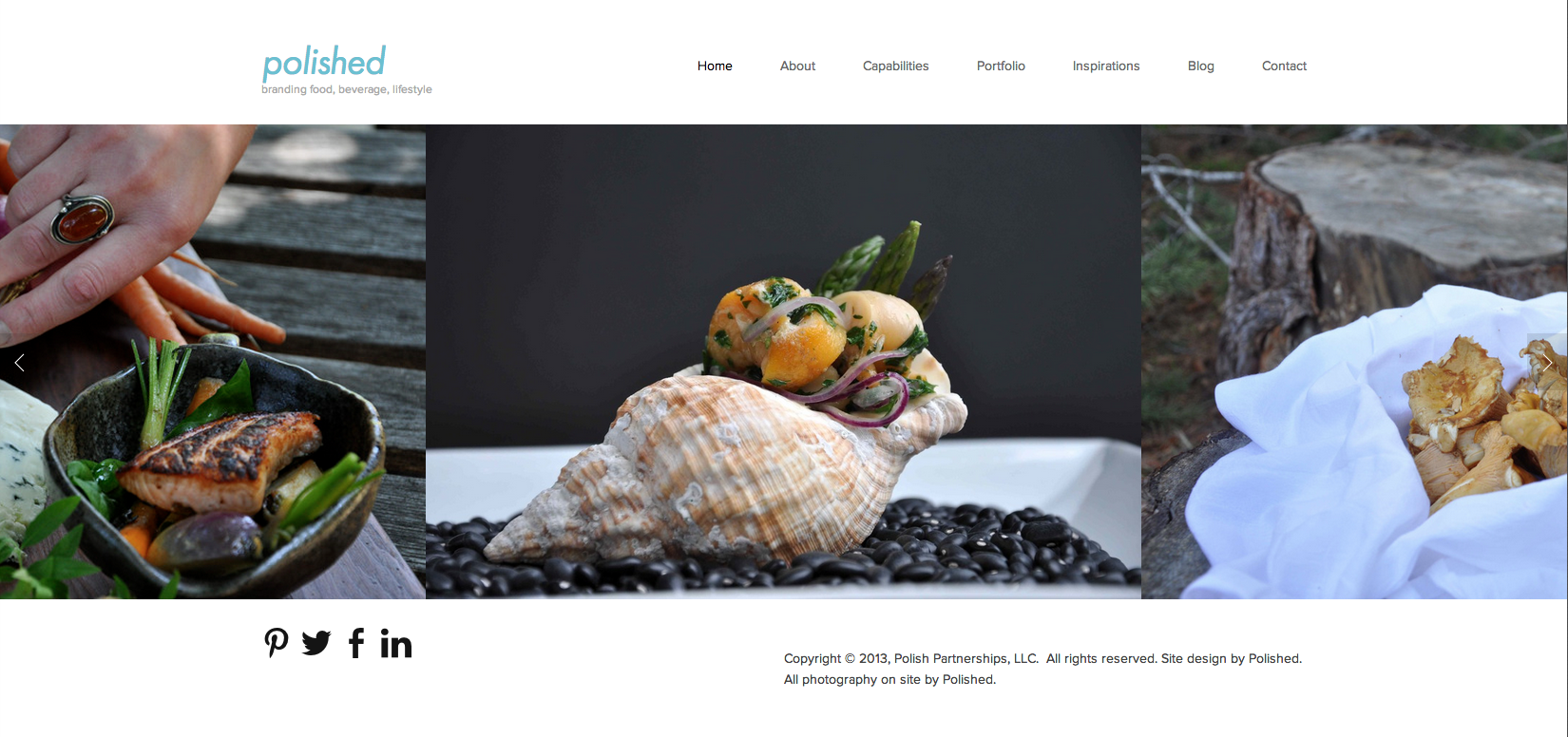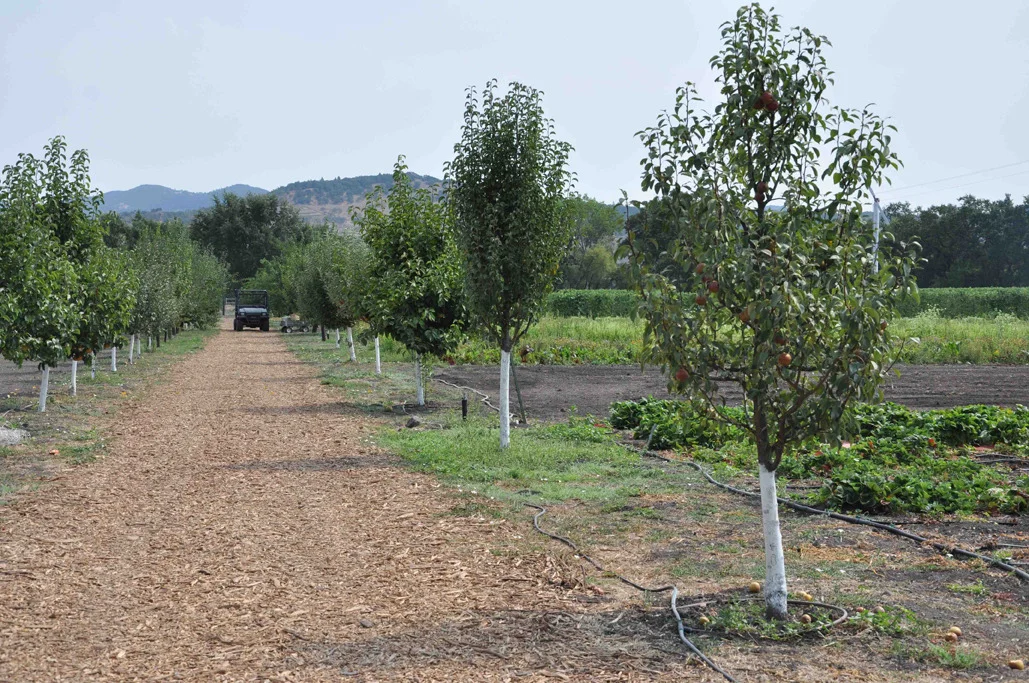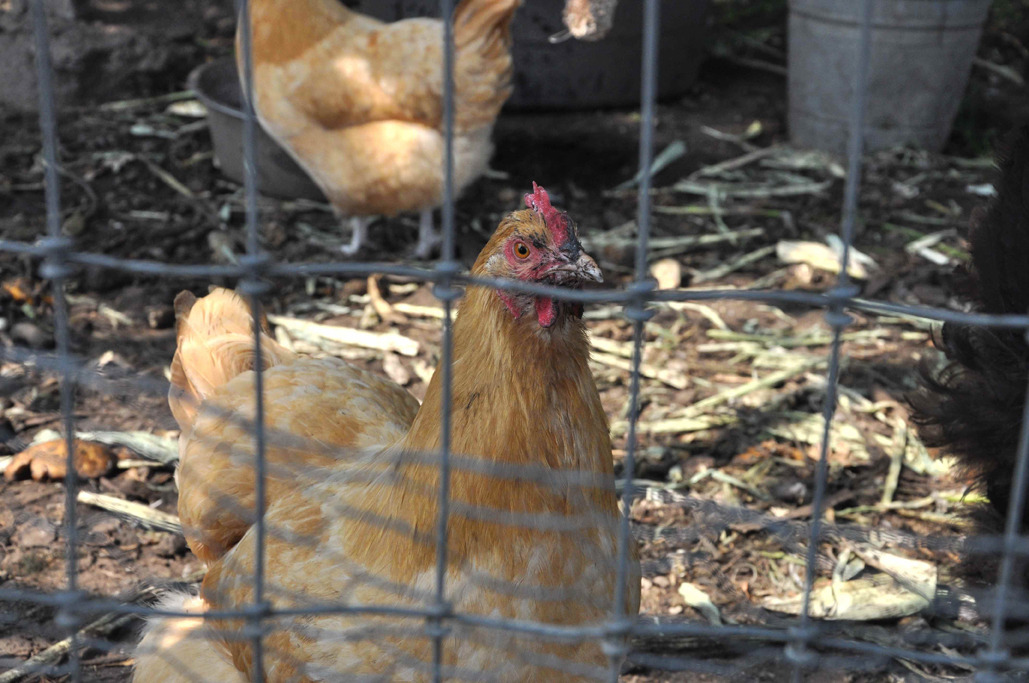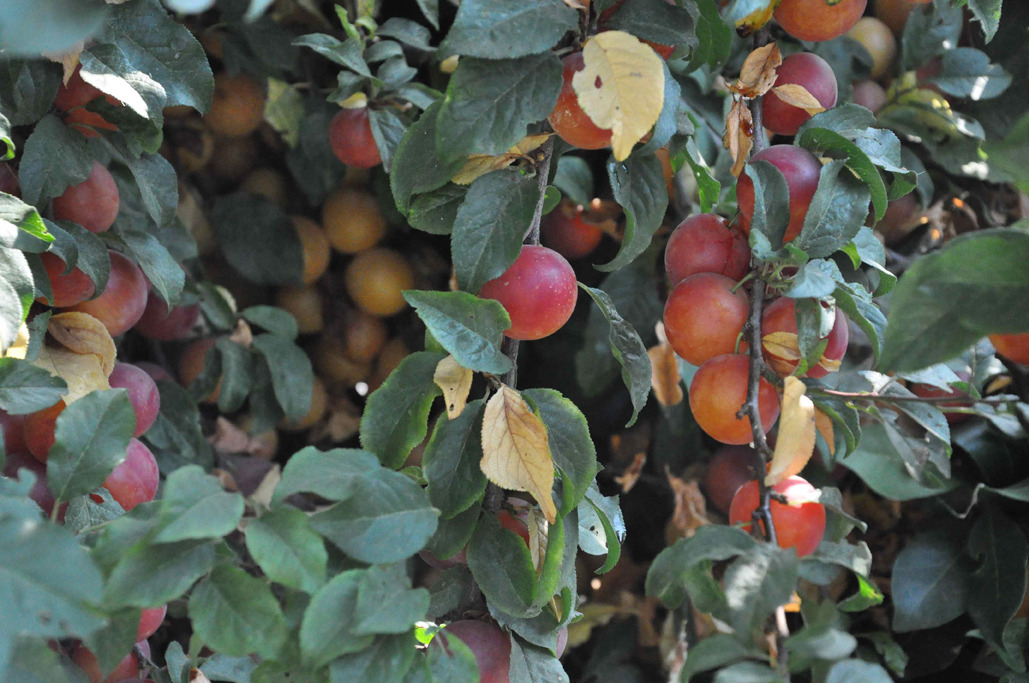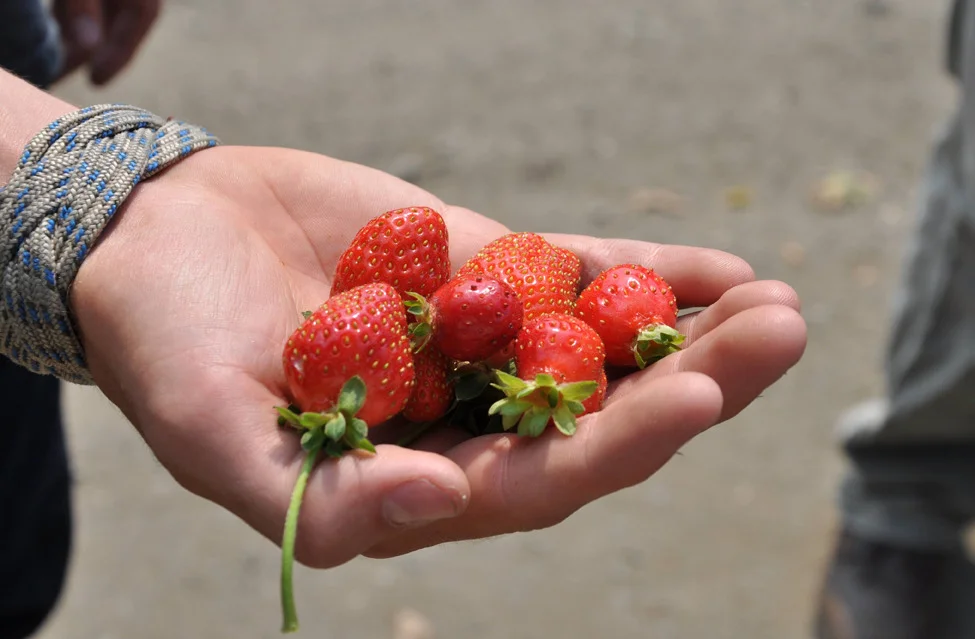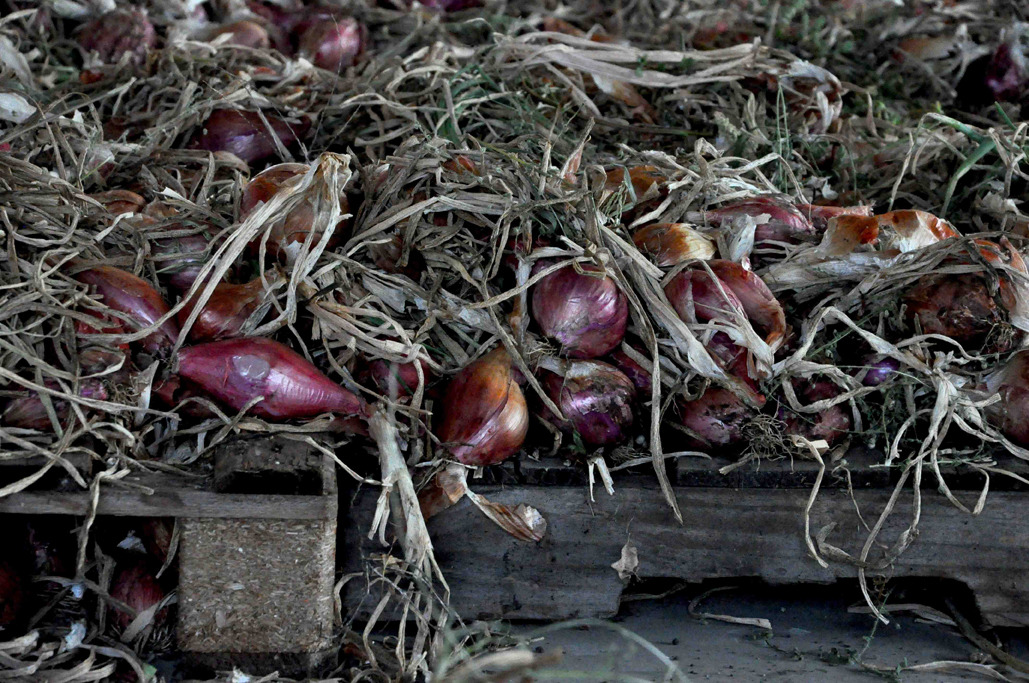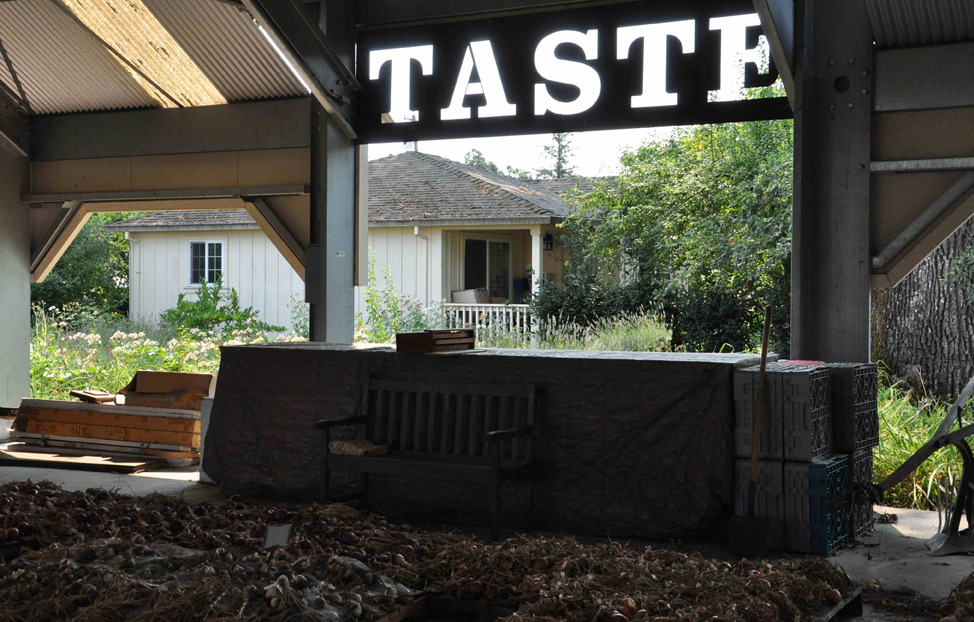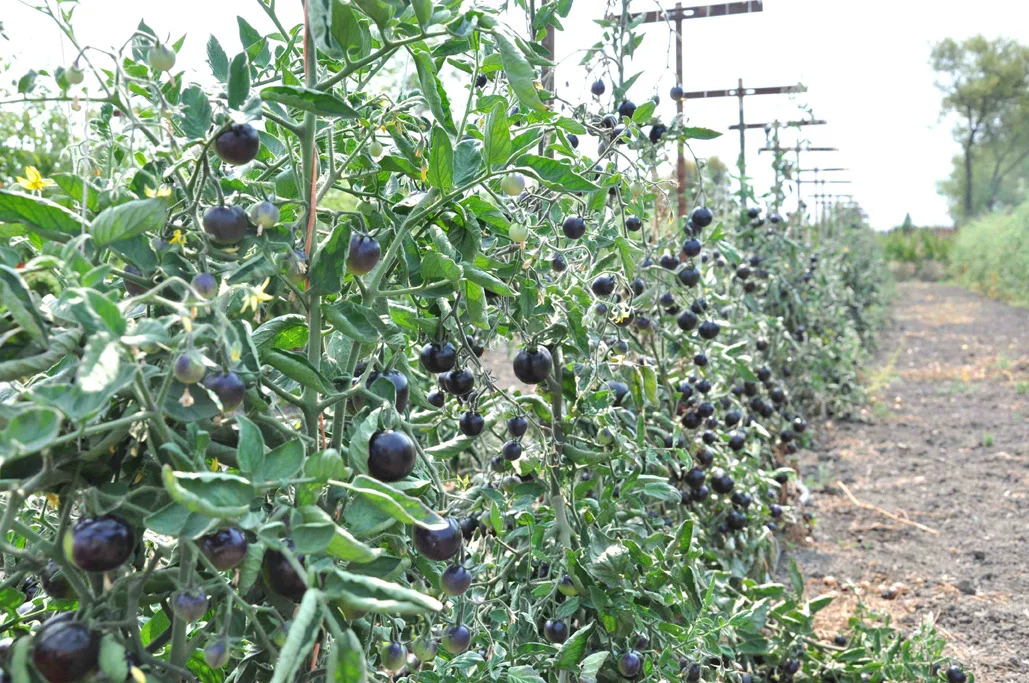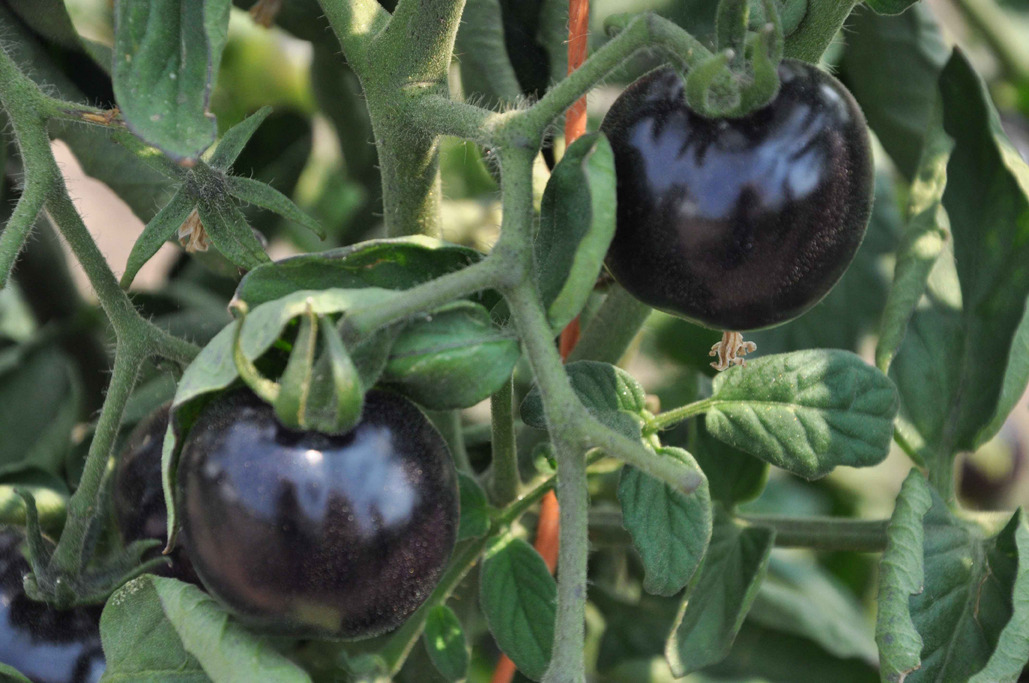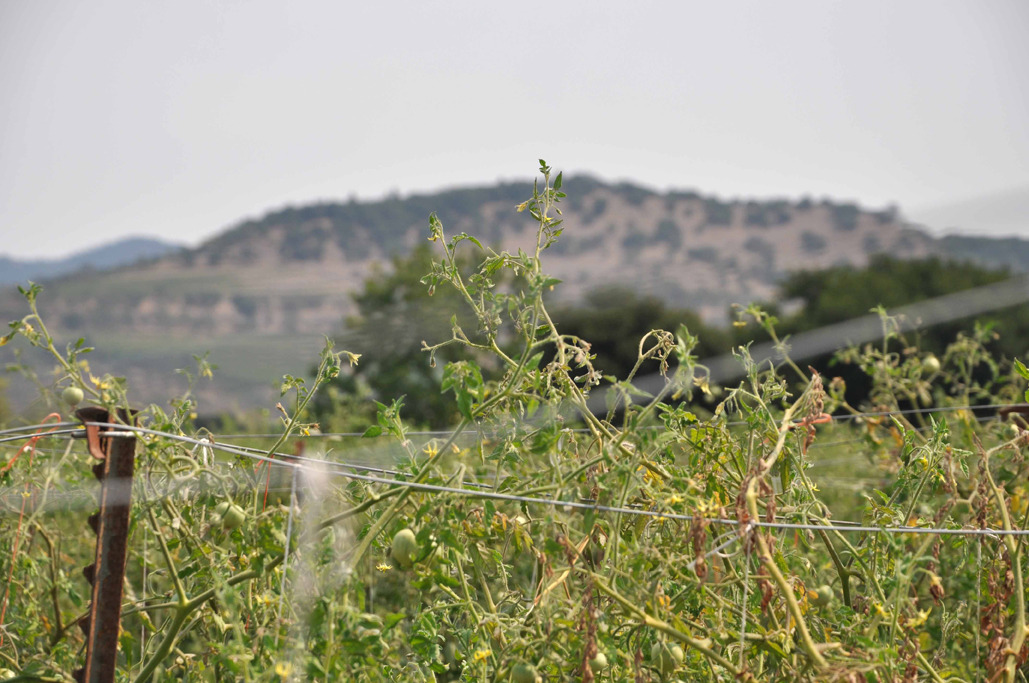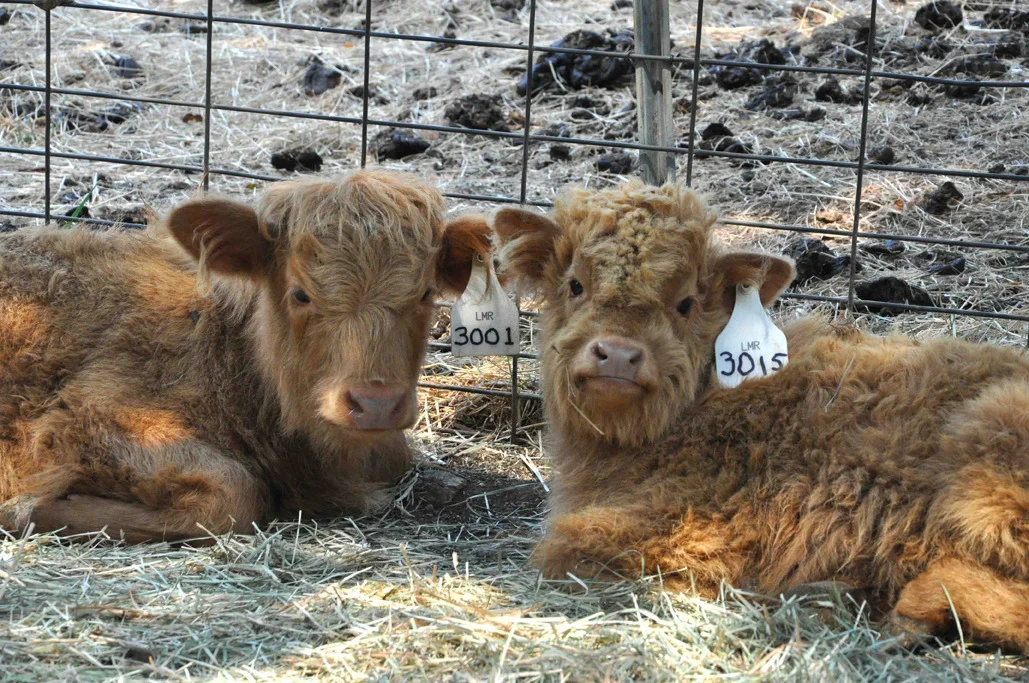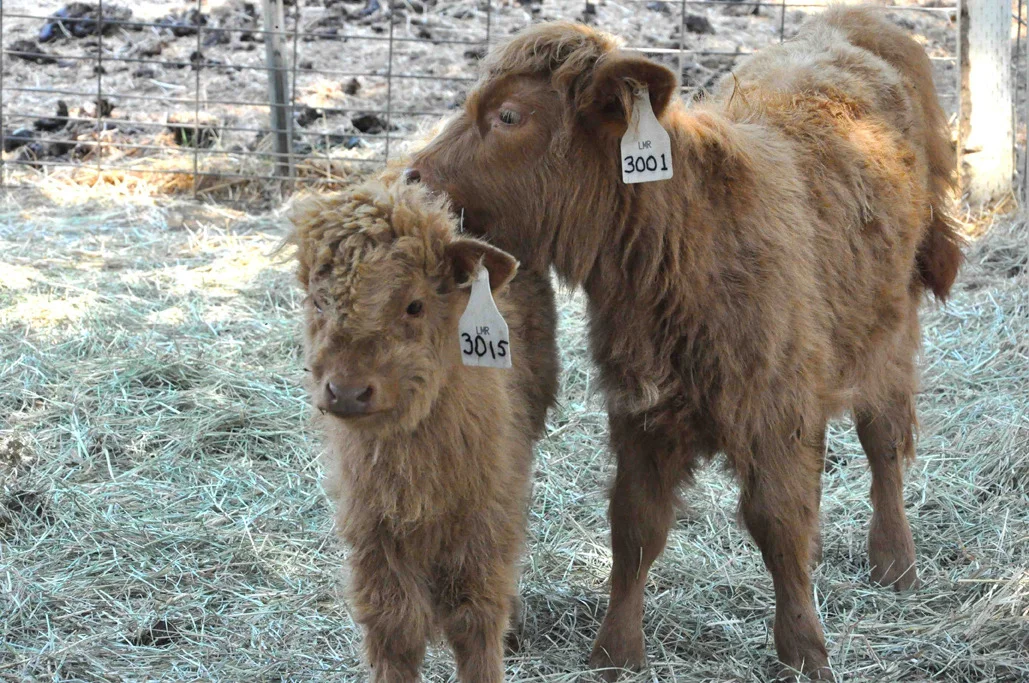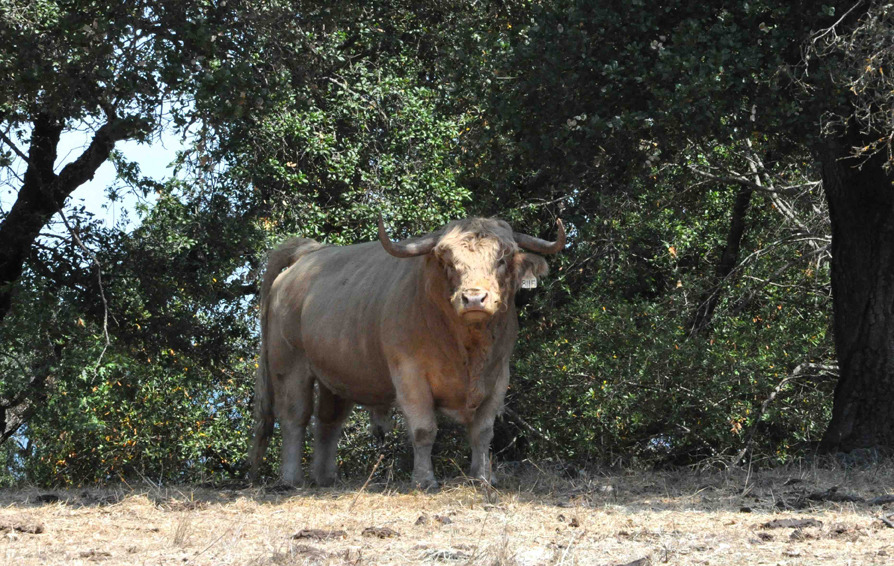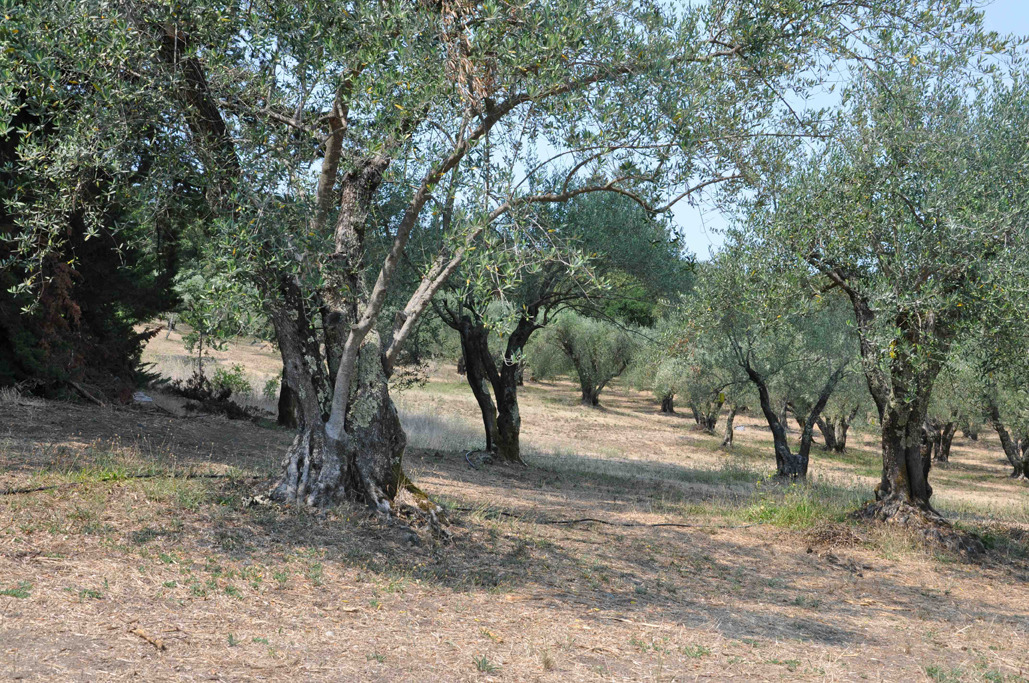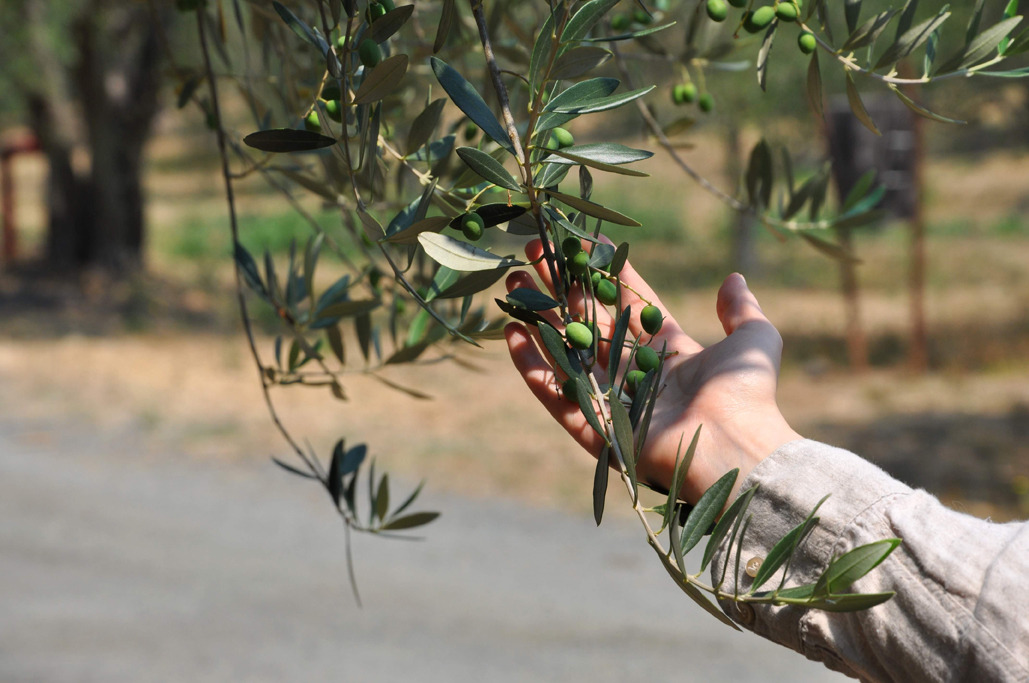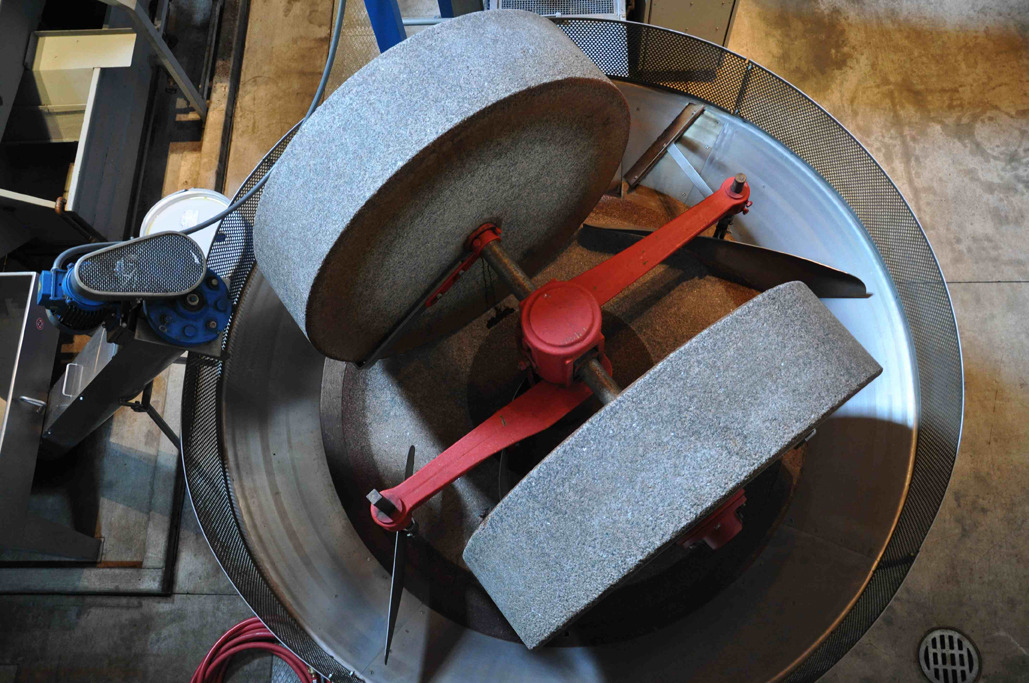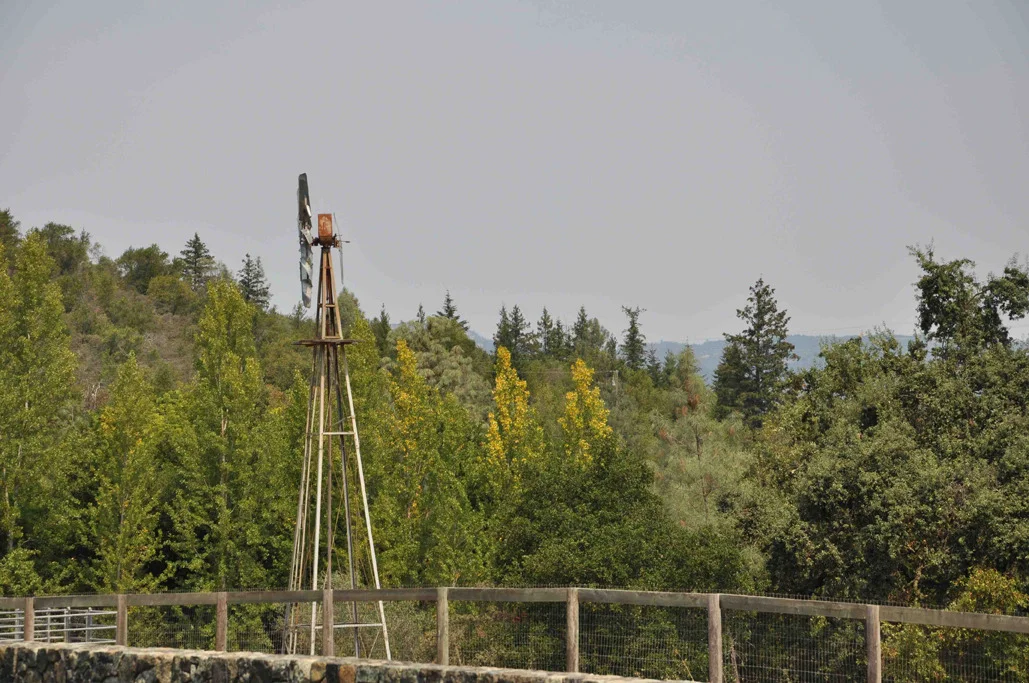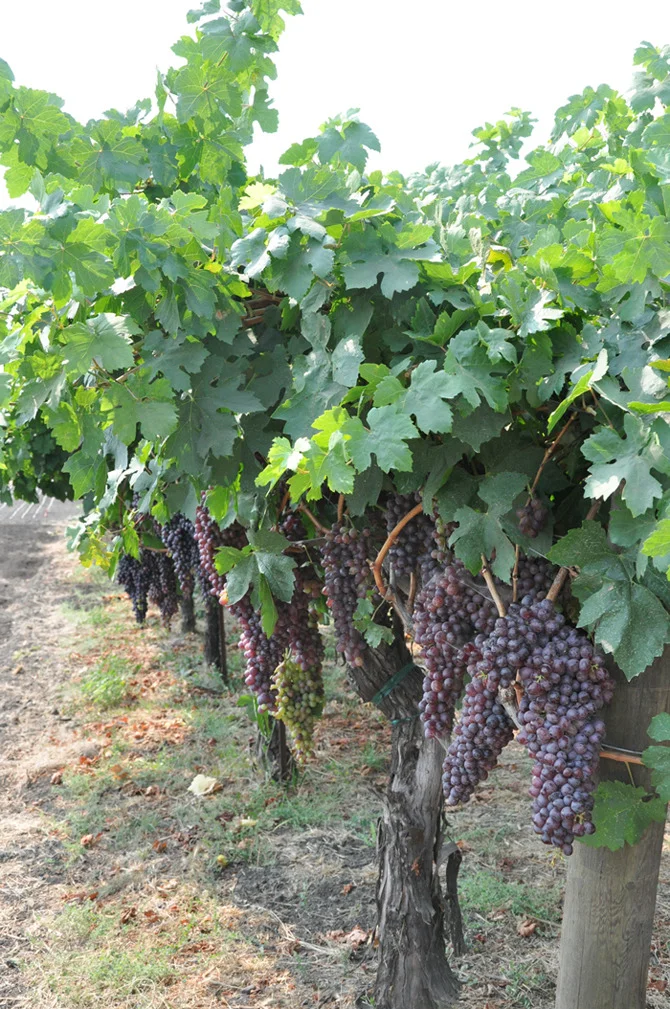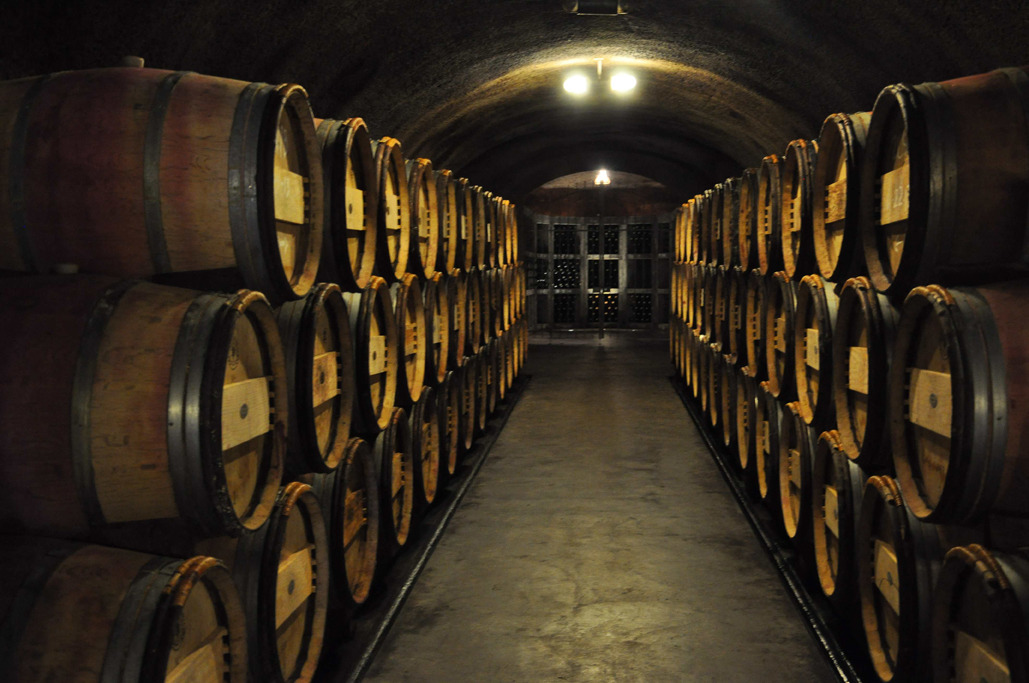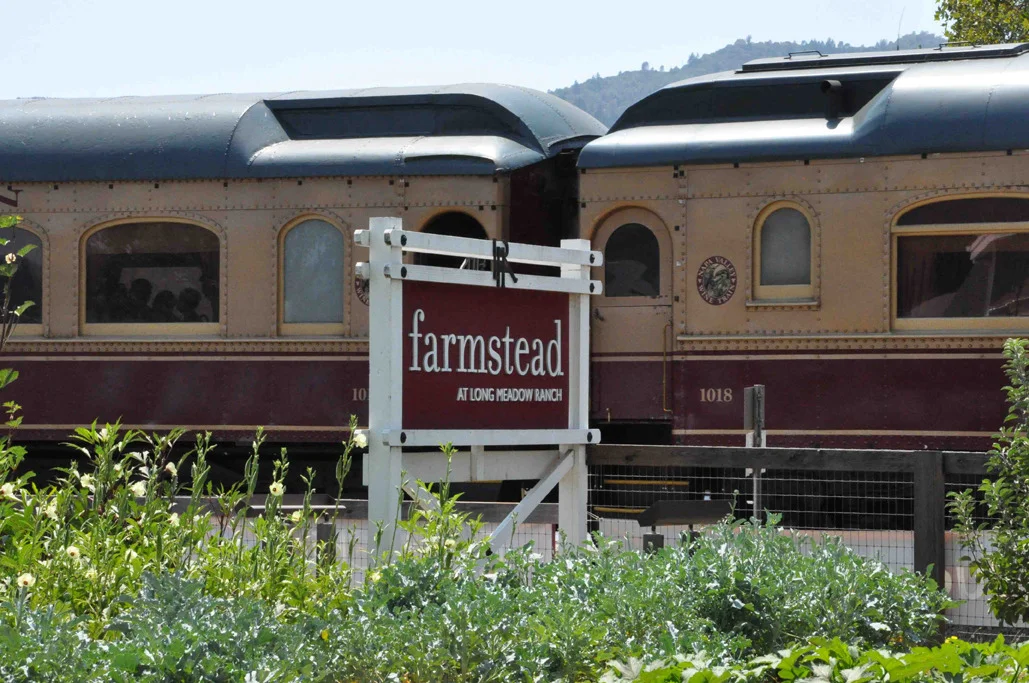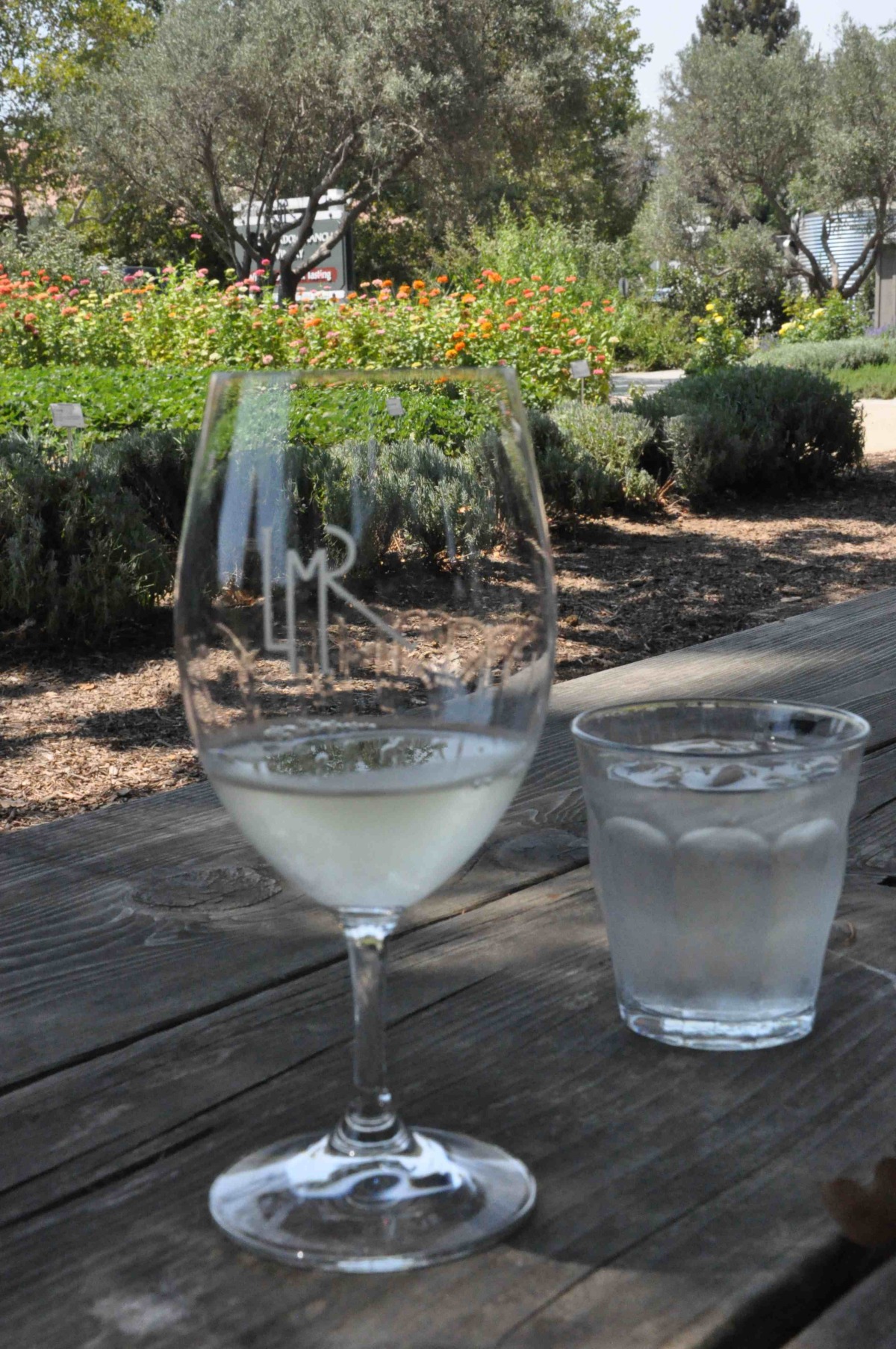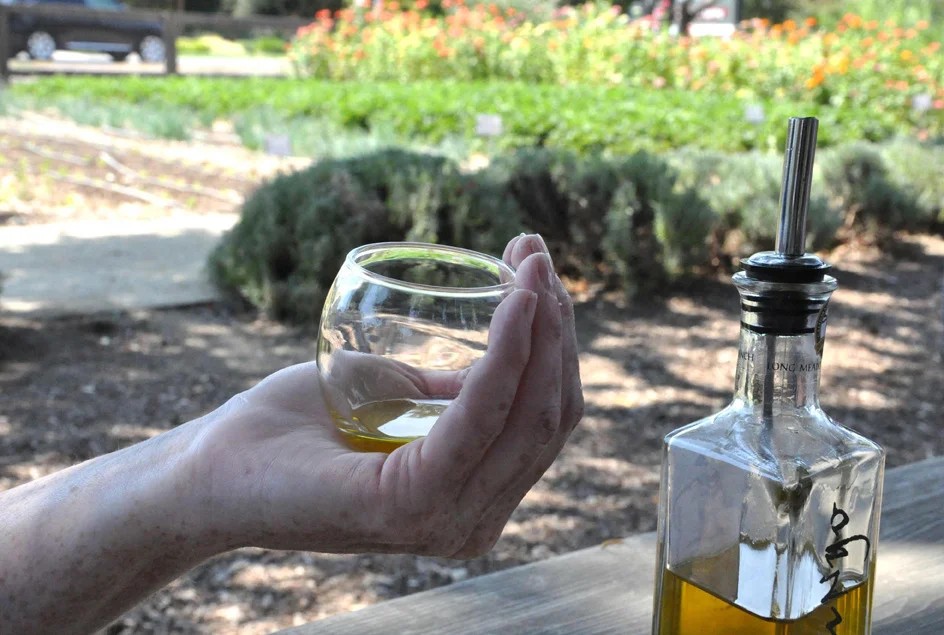our favorite finds from the front lines of food
Grand Lake Farmers Market, Oakland, CA. Photo by Polished Brands.
Investors urge food companies to shift from meat to plants "'The world's over reliance on factory farmed livestock to feed the growing global demand for protein is a recipe for a financial, social and environmental crisis,' said Jeremy Coller, founder of the FAIRR initiative and chief investment officer at private equity company Coller Capital." (Reuters)
Your phrase for the day "carbon confident" Greener pastures: the dairy farmers committed to sustainability. Biological farming, conservation planning and water recycling are part of a concerted push to make the milk industry more ‘carbon confident’ "The report says dairy farmers want to create “a carbon-confident industry” and various software has been created to help to calculate and reduce farm emissions. These include the dairy climate toolkit and the dairy greenhouse abatement strategies calculator." (Guardian)
A Dickensian headline on a situation that should not still be in 2016: Skipping Meals, Joining Gangs: How Teens Cope Without Enough Food At Home "Roughly 7 million children in the U.S. aged 10-17 struggle with hunger, according to one report, which examines teenage access to food. Dogged by hunger, teenagers may try a wide range of solutions, from asking friends for meals to bartering sex for food." (NPR/The Salt)
Is tech the answer to a streamlined restaurant experience, or just another distraction? Danny Meyer has found a use for the Apple Watch with his staff. "When Meyer’s 30-year-old Union Square Cafe reopens in Manhattan next month, every floor manager and sommelier will be wearing an Apple Watch. And when a VIP walks through the front door, someone orders a bottle of wine, a new table is seated, a guest waits too long to order her or his drink, or a menu item runs out, every manager will get an alert via the tiny computer attached to their wrist." (Eater)
Most concepts in food live or die by logistics. A peak behind the production to delivery curtain: How One Delivery-Only Service Makes Dinner Without a Restaurant (Eater)








